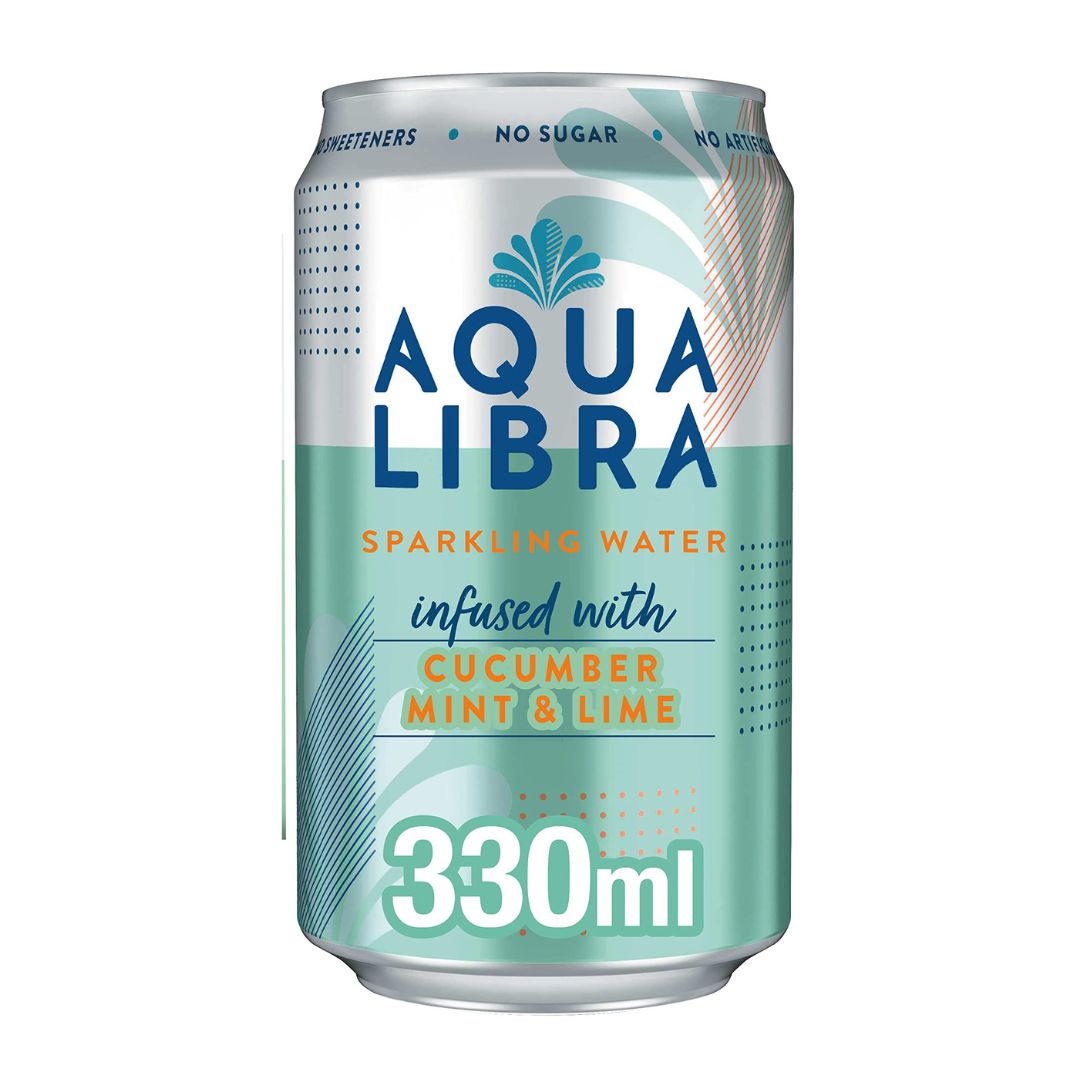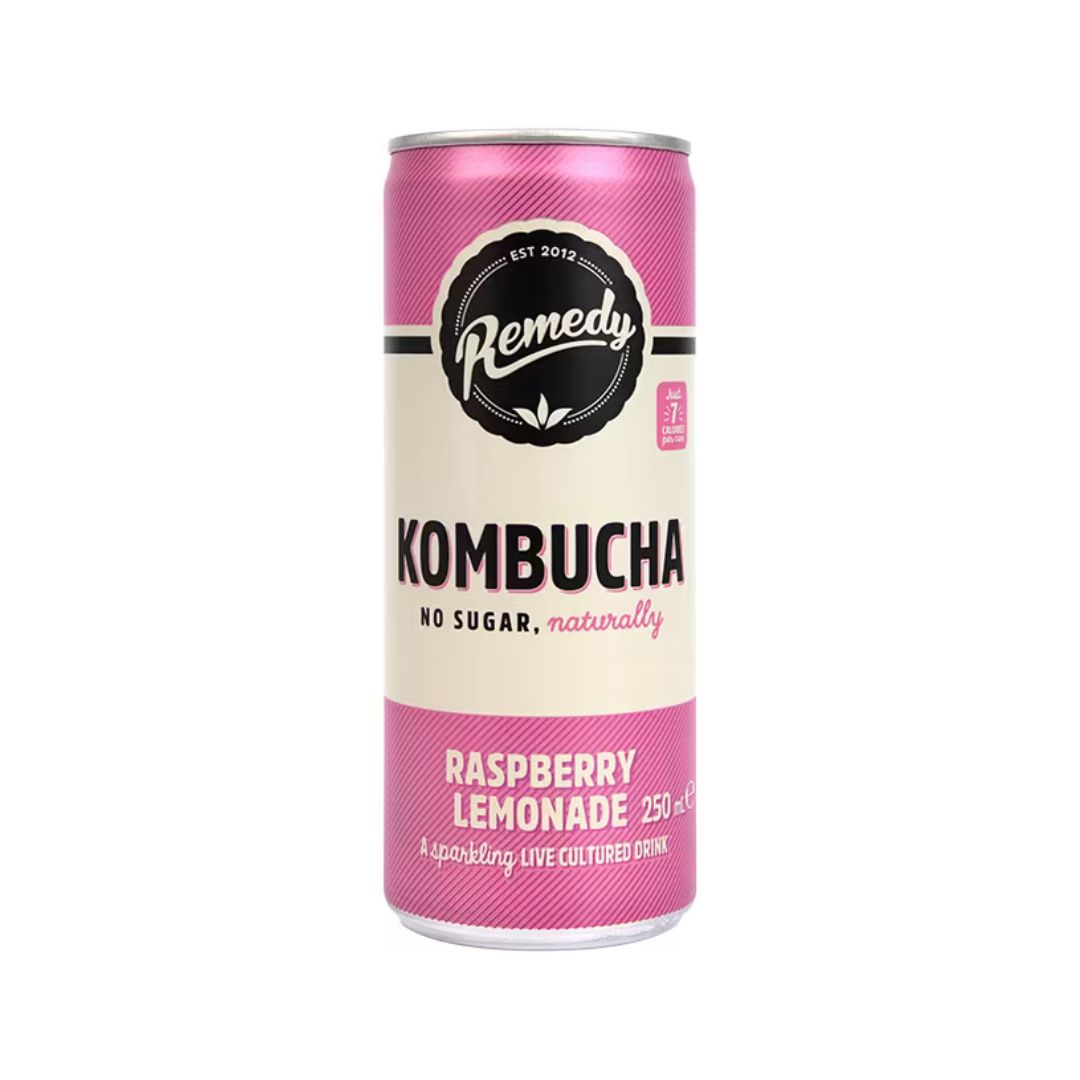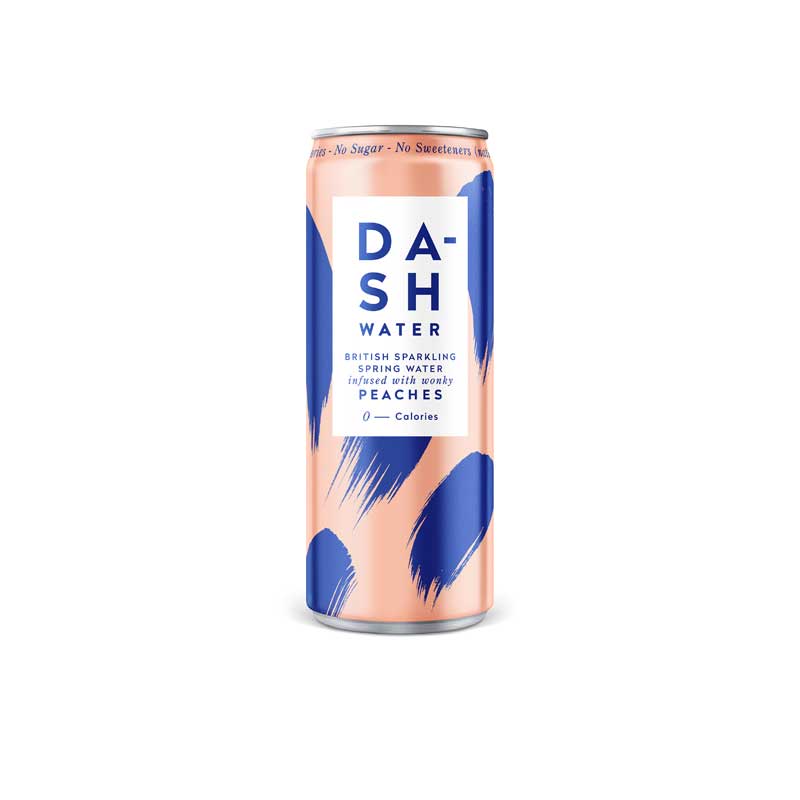So, can Diet Coke actually cause cancer? A nutritionist explains everything you need to know
Following the change in categorisation for aspartame.


You'll likely have read a lot about Diet Coke and aspartame in the past few days. That's because Reuter's leaked a report suggesting that the World Health Organisation (WHO) is changing the way aspartame - the sweetener used in soft drinks - is classified. In short, the report suggests aspartame is moving up a level in how carcinogenic - or cancer-causing - it is.
The news launched a thousand think pieces about whether or not your favourite sweetened beverage should be banned, whether the advice should be ignored and what this all means for our health.
First - let's back up a little bit. Aspartame was approved for consumption in the 1980s and has since been one of the most common sweeteners in "diet" drinks. "Aspartame is approximately 200 times sweeter than sugar," explains Farzanah Nasser, a nutritional therapist and certified functional medicine practitioner. As such, you need seriously small amounts of it to sweeten your food and drink.
Not to mention, it's virtually zero calories. For a long time, low-calorie drinks have been deemed healthier than their full-sugar counterparts as we all learn about the risks of high-sugar diets and blood sugar spikes. But there's been a growing concern around ingredients like sweeteners and flavourings recently too, especially in regard to the lack of research on what these might do to your health long term.
So now the International Agency for Research on Cancer (IARC), run by WHO, has allegedly stated that aspartame is a possible carcinogen, alarm bells have started ringing across the Internet.
Keep scrolling as qualified professionals share their honest take on just how bad these sweeteners really are for you. Don't miss what happened when one MC UK staffer tried TikTok's trending three drink theory, while you're here.
Diet Coke and aspartame: your need-to-knows
Since aspartame was approved for consumption, there have been many studies showing that the use of it in food and drink is safe for consumption - a huge 2013 review found current levels of intake aren't harmful. However, there have also been ongoing concerns: another study from the 1990s suggested aspartame might be linked with brain cancer.
Marie Claire Newsletter
Celebrity news, beauty, fashion advice, and fascinating features, delivered straight to your inbox!
Despite that, the IARC has always had aspartame down as a class 3 carcinogenic. This is the lowest class and simply means that there is less than sufficient evidence in animals and inadequate evidence in humans for it to cause cancer. For reference, other items in this group include fluorescent lighting and coffee.
At the other end of the scale, items in class 1 have sufficient evidence of carcinogenicity in humans. Class 1 items include things like tobacco and alcohol.
According to reports from Reuters, aspartame will move up to be classed as a 2B carcinogen from mid-July, which the WHO shares there is "limited evidence of carcinogenicity in humans [and] less than sufficient evidence of carcinogenicity in experimental animals."
Again, for reference, other things currently rated in 2B include aloe vera, dry cleaning and HPV.
It's a lot of terminology and jargon - so, what does all of this mean, exactly? "There is still limited evidence of a carcinogenic effect in humans, and aspartame was only shown to be cancer-causing when rats were given 200 times the dose that a human would drink," says Nasser. "The Joint FAO/WHO Expert Committee on Food Additives (JEFCA) have also reported that a 60kg adult would need twelve to 36 cans of diet coke every day to be at risk of cancer from aspartame consumption."
So, should I stop drinking and eating sweeteners?
While it might take very, very high doses of soft drinks to lead to cancer risk, the fact this ingredient has any link to disease at all is off-putting for some people.
You could swap to other sweeteners, such as sucralose or stevia. That said, if it's a Diet Coke you're pining after, then know that our expert confirms that the levels of aspartame found in any food and drink shouldn't be risky.
However, Nasser does recommend that you consider your options. Even if aspartame won't harm your health, she shares that it likely won't benefit it, either. Try and swap it out for something like Kombucha or sparkling water, both of which are proven to have health benefits. "Drinks like Kombucha contain probiotics for a positive effect on the gut and overall health," says Nasser.
Bottom line? The absolute key is to not stress about what you consume. The most important thing to drive home is that the change in classification does not mean there's new evidence that aspartame causes cancer but simply that there's not no evidence that high doses can have an impact on our health. Being an empowered consumer is crucial to choosing what feels right for your health.
Fancy a swap? Try a nutritionist-approved drink

Aqua Libra is made from natural ingredients and no artificial flavours, either. Enjoy over ice with a slice of cucumber.

Chloe Gray is a freelance journalist who writes and talks about health, fitness, and wellbeing through a feminist lens. She was part of the launch team for Stylist magazine's fitness brand, Strong Women, and has written for i news, Women's Health, Red magazine, Good Housekeeping, Refinery29, and more. She's all about building mental and physical strength, eating delicious food that fuels you well, and making the fitness industry more accessible and enjoyable. She's also a qualified fitness trainer and research nerd, so you can be sure everything you read is backed by proper science.
-
 How are Trump’s tariffs affecting the fashion industry?
How are Trump’s tariffs affecting the fashion industry?The fluctuating situation in the US is having very real consequences
By Rebecca Jane Hill
-
 Here's every character returning for You season 5 - and what it might mean for Joe Goldberg's ending
Here's every character returning for You season 5 - and what it might mean for Joe Goldberg's endingBy Iris Goldsztajn
-
 Celine's new Selfridges pop-up is an ode to summers on the French Riviera
Celine's new Selfridges pop-up is an ode to summers on the French RivieraA one-stop-shop for the ultimate holiday wardrobe
By Clementina Jackson


